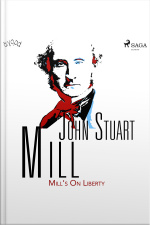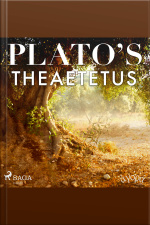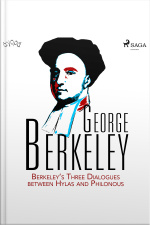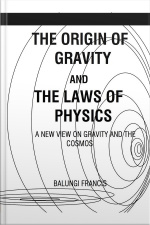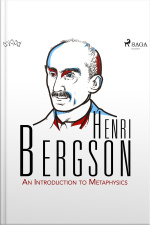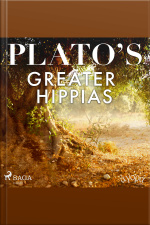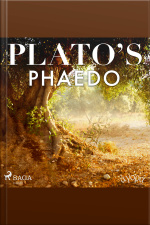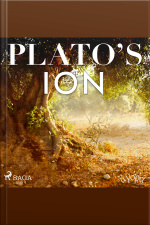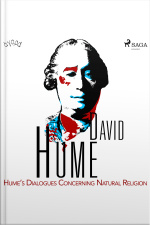John Stuart Mill’s "On Liberty" was first published in 1859. In the 21st century this text confirms Socrates’ claim that "it is only the life of true philosophy that scorns...
Perception, memory, truth, and knowledge all play major roles in this dialogue. What is remarkable about Plato’s treatment of those ideas is how contemporary are both the...
The "Dao De Jing" exists on the border between poetry and philosophy, embracing both mythos and logos. Its poetic form can stand alone, but it is enriched when its timeless ideas...
Berkeley uses the Socratic mode of inquiry in "Three Dialogues between Hylas and Philonous" to question fundamental beliefs about knowledge and reality. These dialogues are...
Since it was developed, Newton‘s law of gravitation and many other laws of physics cannot be derived from one grand underlying principle.Deriving Newton‘s law of...
The basic principles that Bergson articulates, especially his way of thinking about reality as a dynamic process and his view of human beings as creative and evolving, should be...
Hippias of Elis travels throughout the Greek world practicing and teaching the art of making beautiful speeches. On a rare visit to Athens, he meets Socrates who questions him...
Socrates is in prison, sentenced to die when the sun sets. In this final conversation, he asks what will become of him once he drinks the poison prescribed for his execution....
Socrates questions Ion, an actor who just won a major prize, about his ability to interpret the epic poetry of Homer. How does an actor, a poet, or any other artist create? Is it...
David Hume’s Dialogues Concerning Natural Religion had not yet been published when he died in 1776. Even though the manuscript was mostly written during the 1750s, it did not...
